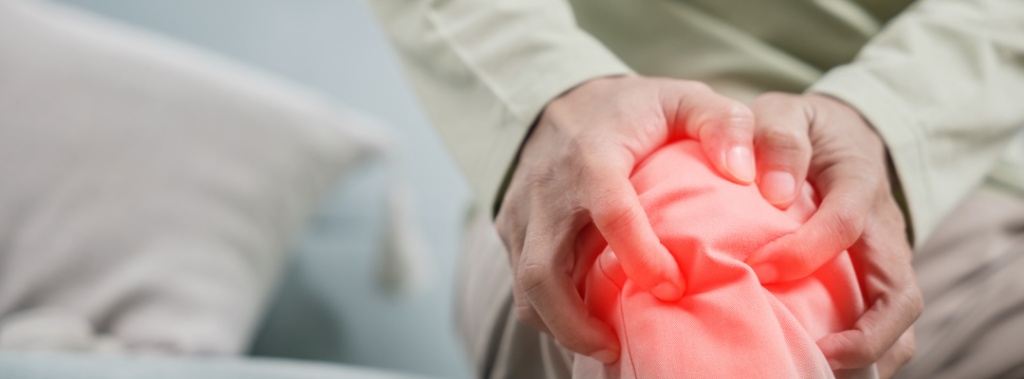How to stop pee leaking when I jump, cough or sneeze?
‘How to stop urine leaks’ is a question frequently asked of Mr Keng Ng, Consultant Urologist, who specialises in treating stress urinary incontinence. In this article he answers commonly asked questions about what causes stress urinary incontinence and explains how it can be effectively treated.
Why does urine leak when I jump or sneeze?
Stress urinary incontinence is a condition whereby small amounts of leaking urine occurs during certain physical activities, such as jumping, sneezing or exercising. Stress incontinence occurs when the sphincter, the small ring of muscle at the bottom of the bladder, becomes weakened.
Stress incontinence is fairly common, and the main causes include:
- Childbirth
- Weight gain
- Age
Many women find that they leak urine when they cough, sneeze, walk fast, stand up from sitting, or exercise. As a result, they often have to wear incontinence pads or avoid going to the gym. It can therefore have a considerably large impact on their daily life and be uncomfortable and embarrassing.
What is the best solution to treat urine leaks?
Since the 1990s, the main form of treatment for stress incontinence was the insertion of vaginal mesh implants known as TVT mesh slings. However, after a number of high profile lawsuits and controversies related to complications caused by erosion of the mesh, these have now been banned in many countries and are only now used in the UK in exceptional circumstances.
One option for treatment is colposuspension, which is a surgical procedure in which the neck of the bladder is lifted and held in place with stitches. This tends to be done as open surgery, however can also be performed as a keyhole procedure. As it is a surgical procedure, this does involve a small risk of complications and side effects.
The best solution to treat leaking urine is Bulkamid injections. Bulkamid is a bulking agent in the form of a gel which is injected into the wall of the urethra above the sphincter to support its function and prevent leakage.
How do Bulkamid injections work?
The sphincter is a powerful ring of muscle located halfway along the length of the urethra. If working as it should, the sphincter tightens to hold in urine whenever we cough, jump or sneeze. A weakened sphincter is unable to properly tighten. The Bulkamid procedure works by injecting in 4 spots like a ‘ring of pearls’ just above the sphincter. These ‘pearls’ of gel roll together to form an extra protective layer over the sphincter whenever you cough or sneeze. This provides additional support to the weakened sphincter, preventing urine from leaking out of the bladder.
How is the Bulkamid injection procedure performed?
Bulkamid injections tend to be performed under local anaesthetic and no aftercare is required. However, it can be performed under general anaesthetic if you would prefer. It produces immediate results and, unlike in the case of more invasive treatments, there is very little recovery time.
A Bulkamid procedure takes very little time; only 5-10 minutes. When performed under local anaesthetic, you may resume normal activity immediately after the procedure, and can drive home or take public transport. You will be able to experience the benefits of Bulkamid immediately after the injections take place.
How effective is Bulkamid at preventing urine leaks?
In most cases, Bulkamid injection treatment lasts for life. It has a success rate of over 80%, and this goes up to over 90% with a top up injection. If some leakage does return as a result of changes to the body or particularly vigorous exercise, a top up injection should sort this out.
Where can I get Bulkamid injection treatment?
I carry out Bulkamid procedures at 9 Harley Street, where I run regular clinics, and at Phoenix Hospital Chelmsford. I am a Consultant Urologist who specialises in female urinary incontinence and have been performing Bulkamid injections since February 2009. I helped pioneer the 4-cushion method and have been a national and international trainer, holding masterclasses teaching other consultants the precise technique needed to produce the best results.
You can book a consultation at 9 Harley Street with Mr Ng by calling 0207 079 2100 or email: appointments@phoenixhospitalgroup.com
Mr Ng is now also carrying out consultations at Phoenix Hospital Chelmsford. You can book an appointment by emailing enquiries@phoenixhospitalchelmsford.com or calling 01245 801234.




